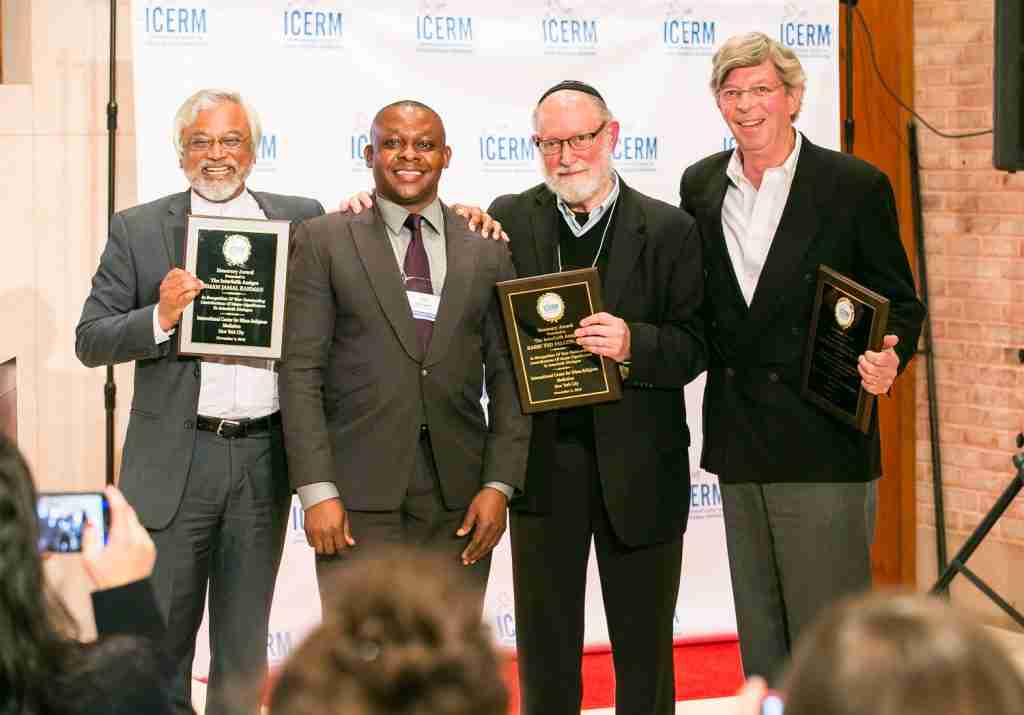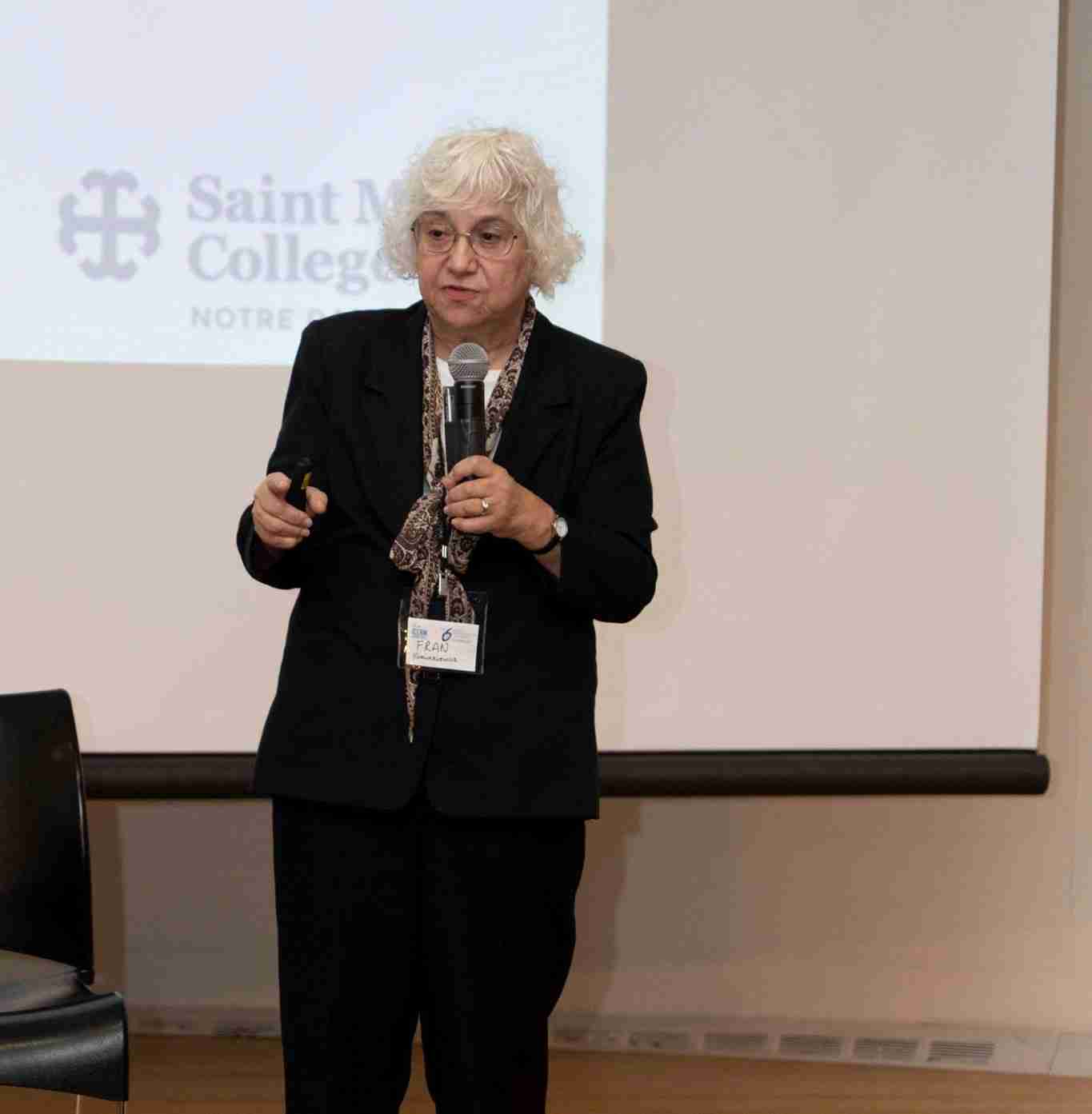2016 Award Recipients: Congratulations to The Interfaith Amigos: Rabbi Ted Falcon, Ph.D., Pastor Don Mackenzie, Ph.D., and Imam Jamal Rahman

Congratulations to The Interfaith Amigos: Rabbi Ted Falcon, Ph.D., Pastor Don Mackenzie, Ph.D., and Imam Jamal Rahman, for receiving the International Center for Ethno-Religious Mediation’s Honorary Award in 2016!
The award was presented to The Interfaith Amigos by Basil Ugorji, President and CEO of International Center for Ethno-Religious Mediation, in recognition of their outstanding contributions of major significance to interfaith dialogue.
The award ceremony took place on November 3, 2016 during the closing ceremony of the 3rd Annual International Conference on Ethnic and Religious Conflict Resolution and Peacebuilding held on Wednesday, November 2 – Thursday, November 3, 2016 at the Interchurch Center in New York City.
The Ceremony included a multi-faith, multi-ethnic, and multi-national prayer for global peace, which brought together conflict resolution scholars, peace practitioners, policymakers, religious leaders, and students from diverse fields of study, professions, and faiths, and participants from more than 15 countries. The “Prayer for Peace” ceremony was accompanied by an inspiring music concert performed by Frank A. Haye & The Brooklyn Interdenominational Choir.


